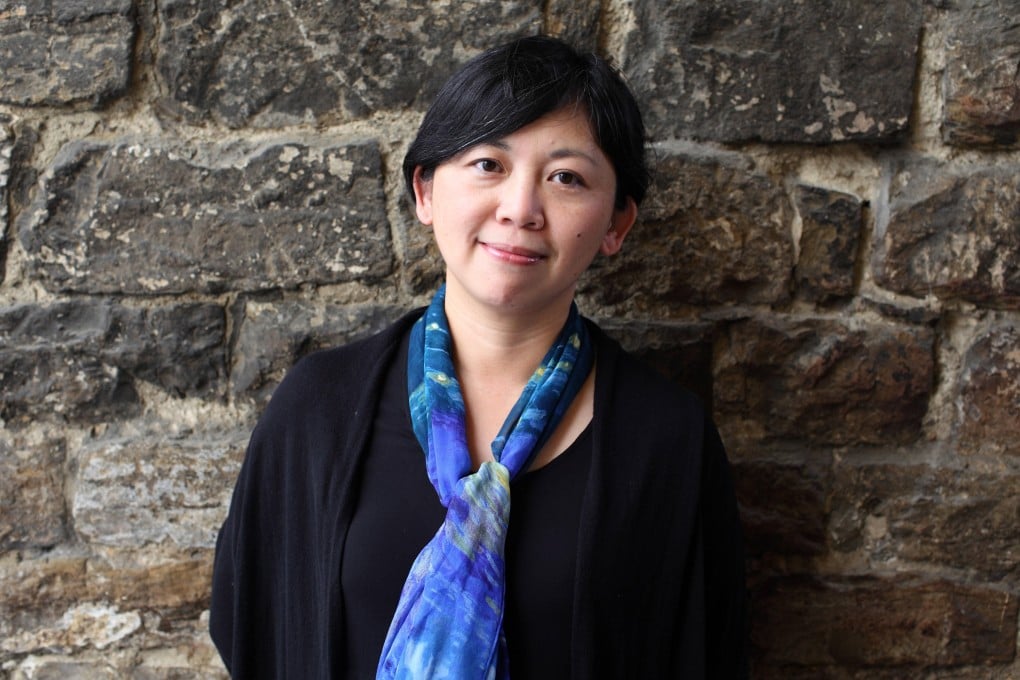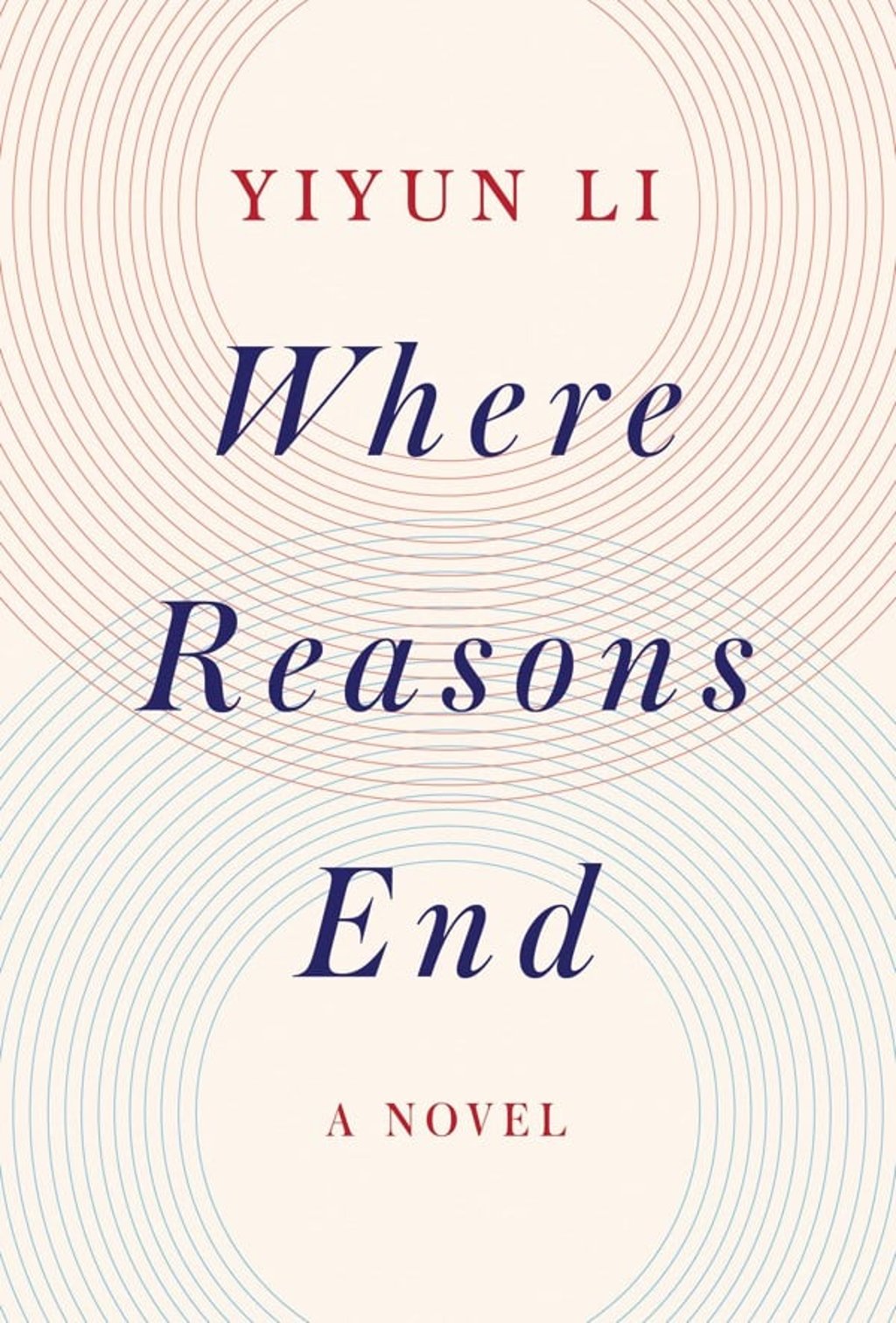Review | Where Reasons End – Yiyun Li delves deep into son’s suicide in harrowing, beautiful novel
- The profoundly sad premise might prove challenging for some but the rewards are spare, austere prose and a ‘realer than real’ read

Where Reasons End
by Yiyun Li
Random House
A few years ago, I wrote an article suggesting novels to read on “Blue Monday”, the day each January that is believed to be the most depressing of the year. The books included Cormac McCarthy’s The Road (2006), Kazuo Ishiguro’s Never Let Me Go (2005) and Nevil Shute’s end-of-the-world tear-jerker On the Beach (1957).
Superficially at least, Yiyun Li’s Where Reasons End also fits the bill. The story, inasmuch as there is one, concerns an unnamed “mother” holding imaginary conversations with her 16-year-old son, Nikolai, who has recently committed suicide. If this isn’t enough to cast readers into the Slough of Despond, the novel was inspired by Li’s own life: Where Reasons End is dedicated to the memory of her eldest son, Vincent Kean Li (2001-17).
The date of Vincent’s death suggests even more desolate contexts: Li gave several interviews early that year, promoting her essay collection Dear Friend, from My Life I Write to You in Your Life , in which she coolly dissects her own mental collapse, which included two suicide attempts. “It was the year of my disintegration,” Li’s “mother” writes in Where Reasons End. Later she adds: “I was almost you once, and that’s why I have allowed myself to make up this world to talk with you. Sadness one can live with, but sadness is a helpless garrison against the blindness of tragedy.”
“The blindness of tragedy” is a phrase to conjure with (the correct Li would doubtless prefer “with which to conjure”). What follows is a wide-eyed attempt to stare her tragedy in the face. The resulting book exists in an artistic universe light years removed from the melodramatic emoting of misery memoirs, the glib solace of self-help or even the twists of a psychological thriller.

For one thing, the big, if obvious question, that so often shapes these narratives – why does Nikolai commit suicide – does not intrude upon Li’s text. Her “mother” does not set out on a crusade to excavate Nikolai’s reasons. His death is simply an ineluctable fact, however heavy that weight might be for his mother to bear from one moment to the next. “I’m not as sad as you think,” he says evenly. “Not any more.”